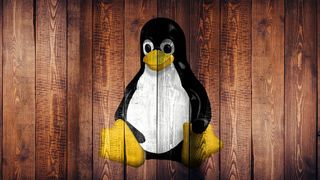Condobloke
Well-Known Member

Linux: A solo developer is attempting to clean up 30 years of mess
Eliminating clutter from the Linux code could make it faster
Eliminating clutter from the Linux code could make it faster

A senior Linux developer believes the platform can be a lot faster and more efficient - if its source code was lighter.
To make this happen, Ingo Molnar has announced the “Fast Kernel Headers” project, an attempt to clean up and rework Linux kernel's header hierarchy and header dependencies.
Linux apparently contains around 10,000 main .h header files with the include/ and arch/*/include hierarchies. Molnar says that over the years, these have “grown into a complicated & painful set of cross-dependencies we are affectionately calling 'Dependency Hell'."

